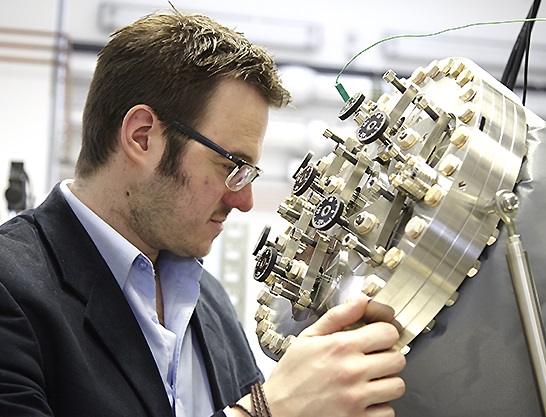Links to external sources may no longer work as intended. The content may not represent the latest thinking in this area or the Society’s current position on the topic.
Education Research Fellowship
This scheme is for academics in the UK researching physics and mathematics education who are at an early stage of their career and have the potential to become leaders in their field.
This scheme is currently closed to applications.
The scheme provides outstanding educationists with the opportunity to build an independent research career in Science, Technology, Engineering and Mathematics (STEM) education. It aims to develop and support robust, evidence-based research which can inform national education policy and practice. The scheme is supported by The Ogden Trust and The Company of Actuaries Charitable Trust.
Am I eligible to apply?
You can apply for this scheme if you:
- have a PhD or equivalent research experience. You are expected to have had at least 1 short term post doctoral post by the time the funding starts.
- are a citizen of the EEA (or have a relevant connection to the EEA)
The European Economic Area (EEA) consists of the European Union (including the UK) plus Iceland, Norway and Liechtenstein.
Before applying, please ensure that you meet all the eligibility requirements, which are explained in the scheme notes.
What is the scheme’s value and tenure?
Fellowships will cover salary and research expenses for up to two years. In addition, each fellowship offers:
- Interactions between Education Research Fellows, policy makers, practitioners and sponsors through support mechanisms and individual and organisational links.
- Flexible working patterns with the option of reclaiming time spent part-time.
What is the application process?
Applications should be submitted through the Royal Society’s electronic grant application system (e-GAP).
Applications are initially reviewed by members of Education Research Fellowship panel who have the most appropriate expertise.
The shortlisted proposals are reviewed by two independent referees suggested by the panel members. The final decision is made by the selection panel.



